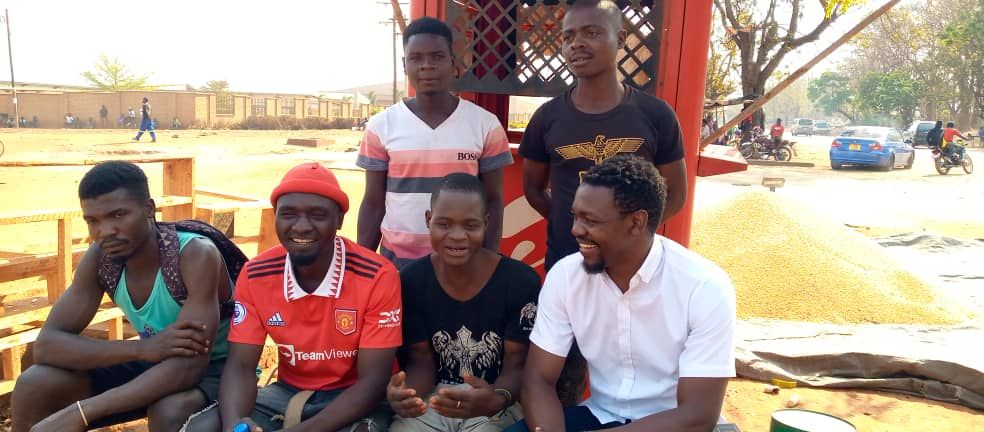By Vincent Gunde
Inua Advocacy, a prominent organization championing refugee rights in Malawi, has issued a fervent appeal to the Government of Malawi, urging swift attention to the grievances raised by refugees and asylum seekers.
The organization is specifically recommending a comprehensive inquiry into allegations of business confiscation during the relocation process to the Dzaleka Refugee Camp in Dowa district.
Advocating for a compassionate approach,the advocacy group is calling for proactively measures to compensate individuals for their losses, emphasizing the need for robust support for the affected population at Dzaleka Camp.
Expressing profound concern, the organization highlights that the current monthly allowance of 5 US Dollars (equivalent to K8,500) is grossly inadequate to sustain an individual throughout the month.

This amounts to a mere K283 per day, covering essential needs like breakfast, lunch, and dinner, excluding other crucial expenses such as education.
Matchona Phiri, Inua Advocacy’s Advocacy and Liaison Officer, underscores the organization’s proactive engagement with relevant government authorities, civil society organizations (CSOs), and international bodies.
The objective is to advocate for the rights and well-being of refugees through various means, including the release of documentaries that shed light on the challenges they face.
Phiri emphasizes the importance of fostering constructive dialogue between displaced individuals and government officials, seeking practical solutions.
Inua Advocacy encourages collaboration among all stakeholders, including CSOs, to identify sustainable solutions that prioritize the rights and dignity of refugees while considering the broader social and economic implications of relocations.
Through their documentary, Inua Advocacy seeks to underscore the authentic grievances expressed by individuals who believe they have incurred losses in their businesses due to the relocation process.
Phiri notes that hundreds of native Malawians have been adversely affected by the new policy direction, particularly in locations like Mgona in Lilongwe.
Phiri clarifies that refugees and asylum seekers engaged in business not tog contravene the law but to sustain their livelihoods.
Inua Advocacy aims to initiate a constructive dialogue for a harmonious resolution, encouraging collaborative efforts to address concerns from both the refugee and asylum seeker community and the native populace.
Phiri raises concerns about the encampment policy’s impact on the host community, including heightened demand for wood and charcoal leading to environmental degradation.
The absence of employment opportunities and alternative economic activities has resulted in an increase in lawbreaking incidents in and around the camp, as reported by the Dowa Police Station.
Additionally, Phiri highlights the strain placed on the host community regarding education and medical services due to inadequate facilities in the camp.
He expresses apprehension about the exorbitant fees imposed on businesses and students.
Demanding exorbitant fees to operate businesses or an exit to study outside the camp pegged at 7000 US Dollars (K12 million) and K100,000 per student per year respectively is obscene. Describing this as a man-made obstacle to compliance. Especially when you consider the economic status of most refugees.
In conclusion, Phiri extends sincere appreciation to the media for its role in fostering mutual understanding and prays for pivotal support in achieving positive outcomes for all parties involved.
This, he believes, will benefit refugees, asylum seekers, the host community at Dzaleka Camp, and the whole country.


